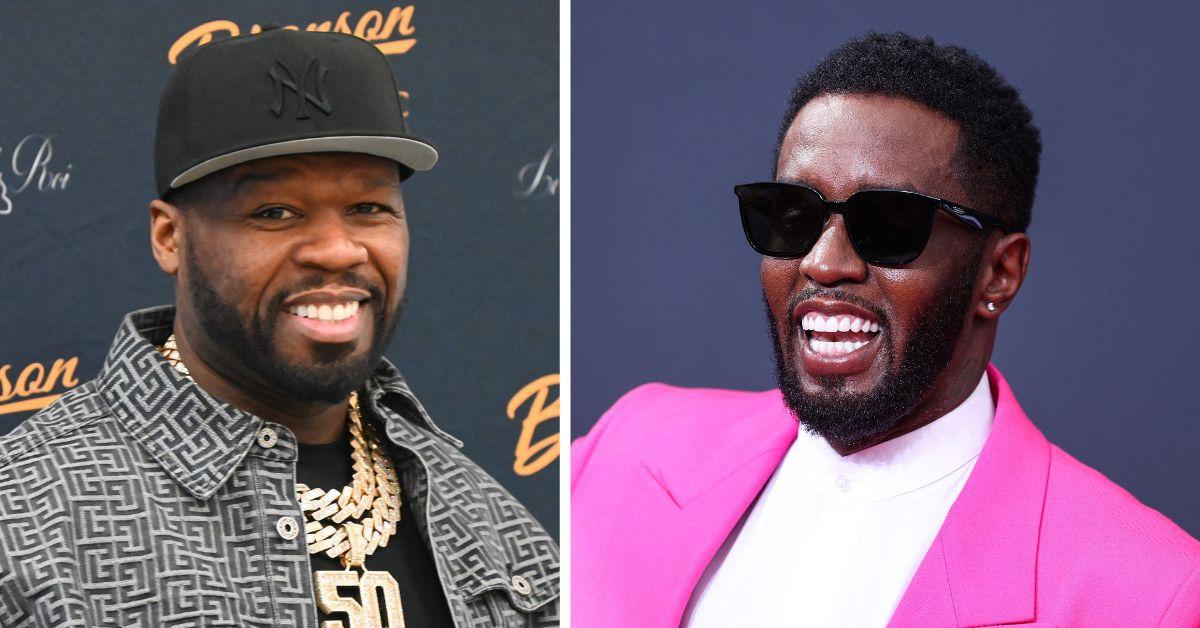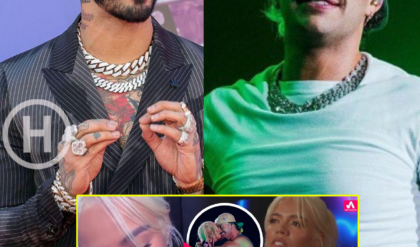The mystery surrounding Tupac Shakur’s untimely death has lingered for decades, spawning numerous theories, speculations, and even accusations. Among the myriad of questions, one name repeatedly surfaces: Sean Combs, better known as Puff Daddy or Diddy. Could it be that the influential rap mogul had a role in the demise of one of hip-hop’s most iconic figures?
Let’s dive into the heart of the matter and explore the intricate web of events surrounding Tupac’s tragic end.

The timeline of events begins in the mid-1990s when Tupac and Diddy were known to be close associates, despite being signed to rival record labels—Tupac to Death Row Records and Diddy to Bad Boy Records. Despite this apparent divide, the two often collaborated and shared stages, leading many to believe in the sincerity of their friendship.
However, cracks in their camaraderie began to surface with alarming incidents. In 1994, Tupac was ambushed and shot multiple times outside Quad Recording Studios in New York. Although he survived the attack, Tupac never disclosed the identity of his assailants, hinting at a deeper understanding between him and those involved.
Fast forward to 1996, and tragedy struck again. Tupac was fatally shot in a drive-by shooting in Las Vegas. Despite being mortally wounded, he remained silent about the identity of his shooter, embodying the code of silence prevalent in certain circles.
But whispers in the shadows began to grow louder, pointing fingers at Diddy and his associates. Allegations surfaced, suggesting that Diddy had orchestrated both the 1994 and 1996 attacks on Tupac. The motive? Supposedly, Tupac’s refusal to sign with Bad Boy Records and Diddy’s desire to eliminate a potential threat to his dominance in the rap industry.
These claims gained traction when former LAPD detective Greg Kading reopened the Tupac and Biggie murder cases between 2006 and 2009. Kading revealed startling details, including allegations that Diddy had paid a hefty sum—reportedly a million dollars—for Tupac’s murder.
Further damning evidence emerged from unexpected sources. Dexter Isaac, a man serving a life sentence, came forward with a confession. Isaac claimed he had been paid by Diddy and his associate Jimmy Henchman to carry out the 1994 attack on Tupac. Isaac’s testimony shed light on the dark underbelly of the music industry, where loyalty and betrayal coexisted in a precarious balance.

The plot thickened with revelations surrounding Biggie Smalls’ murder. Uncle Ron, a former bodyguard, disclosed that Diddy had offered him $30,000 to kill Biggie. According to Uncle Ron, Biggie’s desire to leave Bad Boy Records and pursue opportunities elsewhere posed a threat to Diddy’s control over his artists and their lucrative catalogs.
These revelations paint a grim picture of the music industry—a world where ambition, greed, and power collide with devastating consequences. The allegations against Diddy and his associates cast a shadow over the glittering facade of fame, exposing the ruthless machinations that lurk beneath.
As the dust settles and the echoes of the past fade into whispers, the truth remains elusive. Was Diddy truly the puppet master behind Tupac’s demise, or merely a scapegoat in a larger game of power and deception? The answers may never be fully revealed, lost to the annals of history.
For now, Tupac’s legacy lives on—a testament to his enduring influence and the enigmatic circumstances surrounding his tragic end. And as for Diddy, the specter of suspicion may forever linger, a haunting reminder of the shadows that lurk within the corridors of power.





